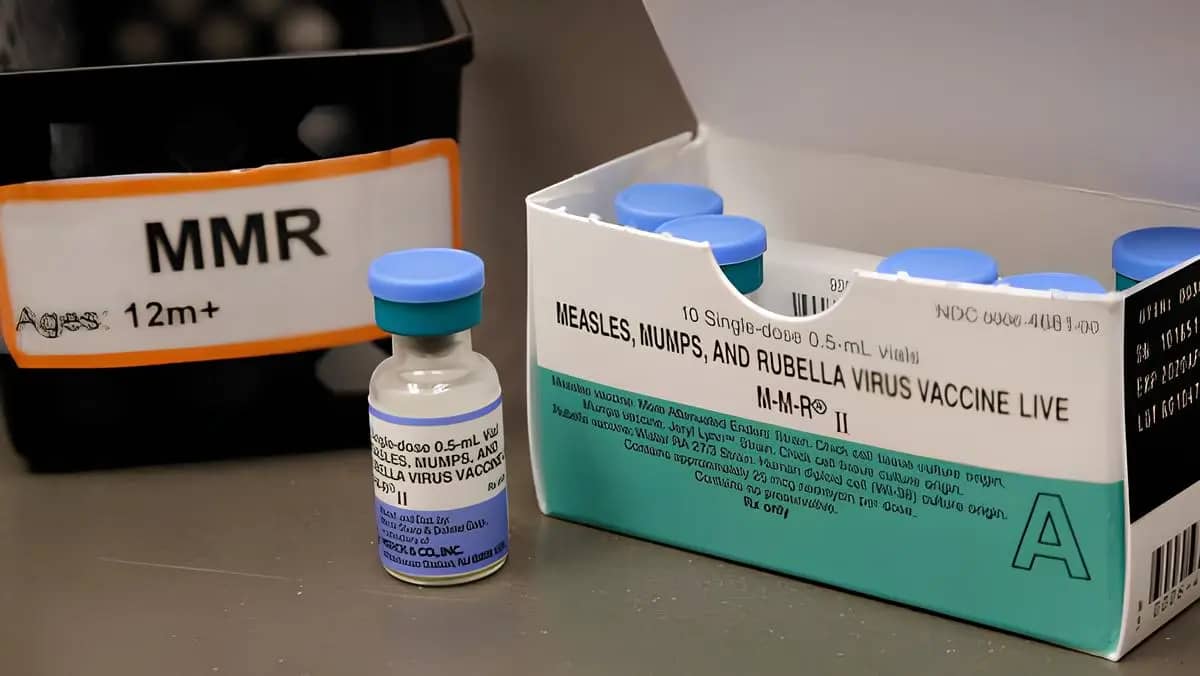Mumps cases are on the rise in Kerala, with approximately 2,505 reported cases this month. The disease, caused by the paramyxovirus, typically presents mild symptoms but can lead to complications in rare cases. Health authorities are concerned about the sudden increase, especially after a single-day count of 190 cases on March 10.
Mumps primarily affects children aged 5-9 years and manifests with symptoms such as myalgia, headache, malaise, and low-grade fever. It progresses to swelling of the parotid salivary glands, leading to pain while chewing or swallowing. The disease spreads through direct contact or airborne droplets from infected individuals.
The measles-mumps-rubella (MMR) vaccine effectively prevents mumps outbreaks, but declining vaccination rates contribute to its resurgence. Close living quarters and compromised immunity also facilitate its spread, posing challenges for containment.
While there’s no specific treatment for mumps, supportive care focuses on symptom relief, hydration, and pain management. Infected individuals should be isolated to prevent further transmission. Vaccination, particularly the MMR vaccine, remains the best preventive measure against mumps outbreaks.
Also Read : Wockhardt’s Breakthrough: Successful Treatment of Highly Drug – Resistant Infection
Practicing good hygiene, such as frequent handwashing and avoiding close contact with infected individuals, aids in prevention. Parents are advised to ensure proper hygiene practices among children. Seeking medical attention is crucial if symptoms worsen or complications arise.
The surge in mumps cases underscores the importance of vaccination and public health measures to control outbreaks and protect communities from infectious diseases.






